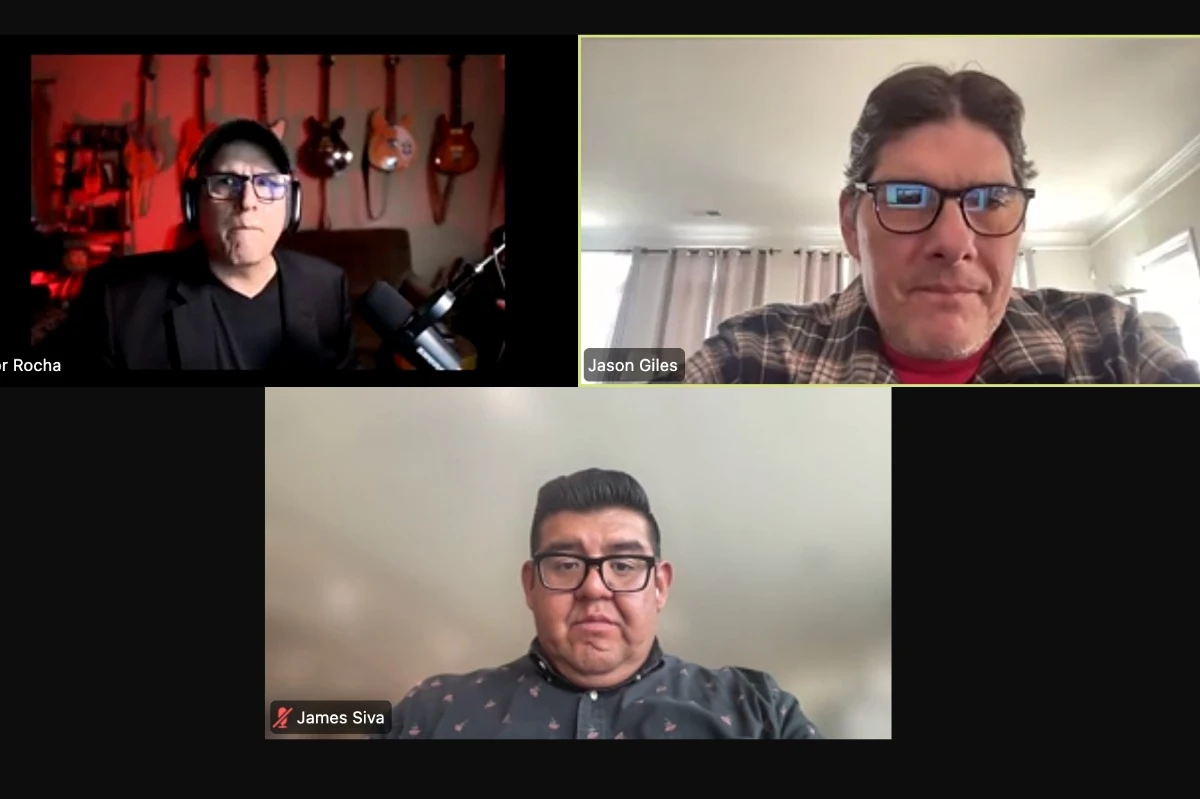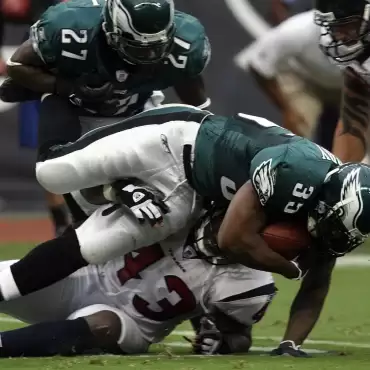Angry and concerned that sweepstakes operators are another existential threat to sovereignty and gaming exclusivity, Indian Country is gearing up for a fight.
“This falls squarely on the tribes again,” Victor Rocha, editor of Pechanga.net, said during his weekly webinar on Wednesday (16 October). “If they don’t react, no one will. We thought it was over, but here we go again. We’re not saying you can’t come into California, we’re just saying that you have to do it through the tribes.
“We will take on that fight anytime, anywhere, anyhow. It’s brand new, it’s right on our platter and we’ll address it.”
Rocha, who hosts the ‘New Normal’, was joined by California Nations Indian Gaming Association (CNIGA) chairman James Siva and National Indian Gaming Commission (NIGC) executive director Jason Giles. A week removed from the Global Gaming Expo (G2E) where sweepstakes were the talk of the industry, Rocha opened by sharing his anger and frustration that another group of “unlicensed” and “unregulated” gaming platforms were trying to make their way into what has become a highly regulated industry in 39 US jurisdictions.
“They’re coming and they’re taking money from who knows who,” he said. The platforms are “young enough to still smother in the crib and that’s exactly what we’re going to do”, he added.
What are sweepstakes?
Sweepstakes attempt to skirt the law by offering gaming without using real money. In legal sports betting and igaming, consumers stake accounts with cash or cash equivalents. In sweepstakes, the games often start off free to play, but then consumers can purchase “coins” or “virtual cash” with which to wager.
The platforms have proliferated, causing concern across the industry.
If the Vampire Squid called Sweepstakes Gambling insists on sticking its blood funnel into California, we will chop it off.
— Victor Rocha (@VictorRocha1) October 11, 2024
In California, sports betting is not legal. The tribes have exclusivity for gaming and, earlier this year, the legislature gave them the right to the sue cardrooms in the state, which Indian Country says are operating illegally. And unregulated fantasy platforms are operating in the state. The attorney-general’s office is preparing an opinion on their status. The tribes say if it doesn’t go in their favour, they will fight.
With regard to sweepstakes – and fantasy sports, for that matter – Siva said the issue is that as soon as the platforms begin to operate, they become “entrenched”. Once they are available and consumers are using them, the platforms are tougher to shut down or modify, he said.
Cease-and-desist letters, education
Wednesday’s conversation was centred around what the tribes could do next and Rocha said that he’s planning a series of webinars on the topic. Guests will include Sports Betting Alliance lobbyist Jeremy Kudon and representatives from the American Gaming Association.
In an interesting twist, the rise of sweepstakes will put the tribes and the legal commercial operators on the same side of an issue. Two years ago, California’s tribes spent hundreds of millions of dollars to kill a commercial wagering initiative.
Two different sweepstakes sports betting exchanges are now live: @PlayProphetX and @novig_app, operating in 40+ states with mechanics where you can more or less gamble for real money against other people. Feels like a watershed moment for better or worse.
— Dustin Gouker (@DustinGouker) August 23, 2024
Giles asked if the state of California would participate in keeping sweepstakes companies out of the state. But Siva said the state traditionally has not taken action against unregulated forms of gaming. CNIGA is in the process of sending letters to app stores, including Google Play and Apple, telling them that they are selling access to unlicensed platforms.
Giles said that on a national level, the NIGC can also explore sending cease-and-desist letters as well as galvanise tribes around the country to work together to fight off the sweepstakes platforms.
“We will defend our sovereignty every day of the week”
While the “enemy” is new, the fight is not. Tribes across the US have long had to negotiate with their home states and other entities to retain the exclusivity granted to them by the Indian Gaming Regulatory Act (IGRA).
Since sports betting became a states’ rights issue in 2018, negotiations have often been a struggle. In Florida, the decision about whether or not to allow the Seminole tribe to offer digital wagering across the state was made by a US District Court of Appeals. The US Supreme Court in June declined to hear an appeal in the case.
And, in Colorado, two tribes are currently suing the state over the right to offer digital wagering off reservation.
In California, the biggest tribal gaming state in the nation, the fight has been ongoing, dating back to the landmark California vs the Cabazon Band of Mission Indians decision in 1987. That decision was ultimately the impetus for the federal government to craft IGRA.
“We will defend our sovereignty every day of the week,” Siva said. “The tribes are the operators in California. Any new entry of gaming in California begins and ends with tribes.
“You may not like it, but that is the way that it is. And you may not respect it right now, but you will eventually.”




